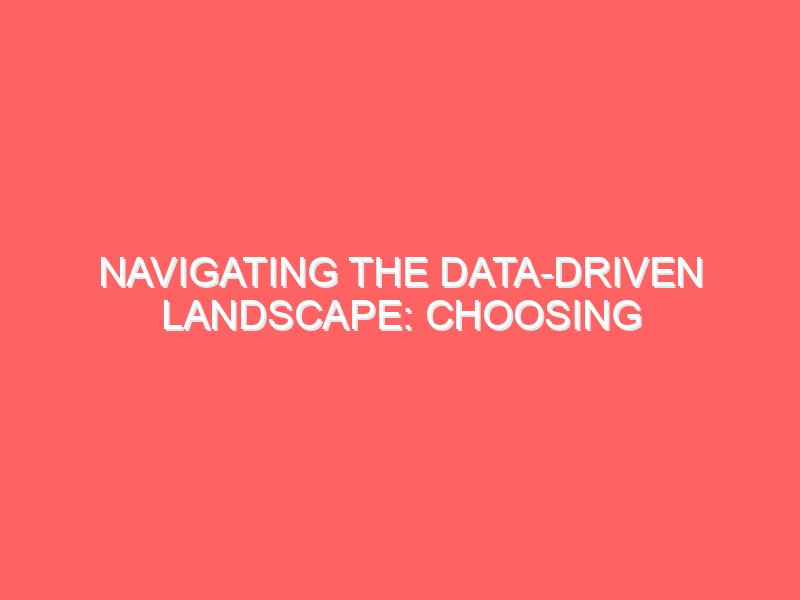The Information Technology (IT) sector is no longer exclusive to those with a formal background in computer science or IT. The industry has opened its doors wide, welcoming individuals from diverse academic disciplines who are eager to dive into programming and software development. If you are a non-IT student curious about transitioning into the IT programming domain, there are numerous career paths waiting for you. Let’s explore some of the best options and how you can get started.
1. Web Development
Web development is one of the most accessible and rewarding career options in the IT domain for non-IT students. It involves creating and maintaining websites and web applications. This field is divided into:
- Frontend Development: Focuses on the design and user interface, using languages like HTML, CSS, and JavaScript.
- Backend Development: Deals with the server-side functionality, using languages like Python, PHP, and Java.
- Full-Stack Development: A combination of frontend and backend skills.
How to Begin:
Start by learning the basics of HTML, CSS, and JavaScript. Platforms like freeCodeCamp or Codecademy offer beginner-friendly resources. Once comfortable, delve into backend technologies and frameworks like Django or Node.js.
2. Data Analytics
Data analytics is perfect for individuals with strong analytical and mathematical skills. This career focuses on interpreting large data sets to help organizations make informed decisions. It involves tools like Python, R, SQL, and visualization platforms such as Tableau and Power BI.
Why It’s Great for Non-IT Students:
Many data analysts come from non-technical backgrounds such as economics, business, or even arts. If you enjoy working with numbers and patterns, this is an ideal field for you.
How to Begin:
Start by learning Python for data analysis and visualization libraries like pandas and matplotlib. Taking courses on data analytics fundamentals and practicing real-world datasets can help you gain confidence.
3. Software Testing and Quality Assurance (QA)
Software testing is a crucial part of the software development lifecycle. It involves identifying bugs and ensuring that a product meets its requirements. QA professionals test applications, automate testing processes, and validate performance.
Why It’s Great for Non-IT Students:
It doesn’t require advanced coding skills initially, making it an excellent entry point into the programming world. Over time, knowledge of testing automation tools like Selenium or Postman can boost your career.
How to Begin:
Learn the basics of manual testing and tools like JIRA for test management. Certifications like ISTQB (International Software Testing Qualifications Board) can add credibility to your resume.
4. Technical Writing
If you have a flair for writing and enjoy explaining technical concepts, technical writing might be the perfect career for you. This field involves creating user manuals, help guides, and technical documentation for software and IT tools.
Why It’s Great for Non-IT Students:
You can combine your non-technical expertise with basic programming knowledge to explain complex IT topics in a way that non-specialists can understand.
How to Begin:
Develop a basic understanding of programming concepts and tools. Learn to write concise, clear, and user-focused documentation. Tools like RoboHelp and Markdown can be helpful.
5. Cybersecurity Analyst
Cybersecurity is a rapidly growing field where non-IT students with an interest in problem-solving can excel. It involves protecting networks, systems, and data from cyber threats.
Why It’s Great for Non-IT Students:
Strong logical thinking and an understanding of risks can help non-IT professionals shine in cybersecurity roles. Specialized certifications such as CompTIA Security+ or Certified Ethical Hacker (CEH) can fast-track your career.
How to Begin:
Start with basic courses on cybersecurity principles. Learn about network protocols, firewalls, and ethical hacking techniques.
6. Mobile App Development
With the booming demand for mobile apps, this career path is full of opportunities. Mobile app developers create applications for Android and iOS platforms using programming languages like Java, Kotlin, Swift, and frameworks such as React Native or Flutter.
Why It’s Great for Non-IT Students:
A creative mindset and a willingness to learn can make up for a lack of IT background. Many non-IT professionals have successfully built careers in app development.
How to Begin:
Learn the basics of app development using platforms like Android Studio or Xcode. Choose a framework like Flutter to build cross-platform apps efficiently.
7. Game Development
Game development is an exciting career option for those who enjoy creativity and storytelling combined with programming. It involves creating games for consoles, PCs, and mobile devices using tools like Unity, Unreal Engine, and programming languages such as C++ and C#.
Why It’s Great for Non-IT Students:
Artistic skills and a love for games can give you a unique edge in this field. Game development roles often require collaboration, making it ideal for those from diverse educational backgrounds.
How to Begin:
Start by exploring game engines like Unity. Free tutorials and online courses can help you build your first game, even without prior programming knowledge.
8. Freelance or Entrepreneurial Ventures
If you have an entrepreneurial spirit, you can combine programming skills with your domain expertise to start your own IT-related business. For instance, you could offer freelance web or app development services or create niche software products for industries you’re familiar with.
How to Begin:
Learn a programming language or a framework that aligns with your goals. Build a portfolio showcasing your skills, and leverage online platforms like Upwork or Fiverr to find clients.
Final Thoughts
The IT programming domain is vast, with opportunities for everyone, regardless of their academic background. For non-IT students, the key is to identify your interests, acquire the necessary skills through self-learning or structured courses, and start applying your knowledge through projects or internships.
The tech world values skills over degrees. With determination, curiosity, and a commitment to learning, you can build a fulfilling career in IT programming, regardless of where you started. The possibilities are endless—so take the first step today!
Ranjan Tiwari
9264477176
https://live.emancipation.co.in
For Recorded Class https://digilearn.cloud
For Free Test Portal https://eepltest.in



